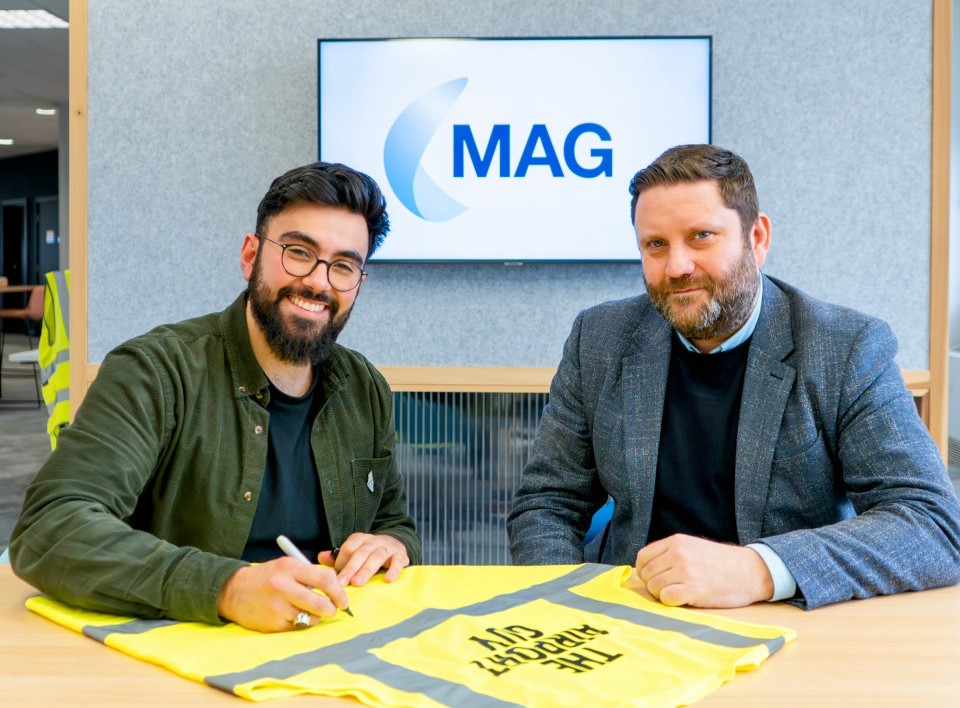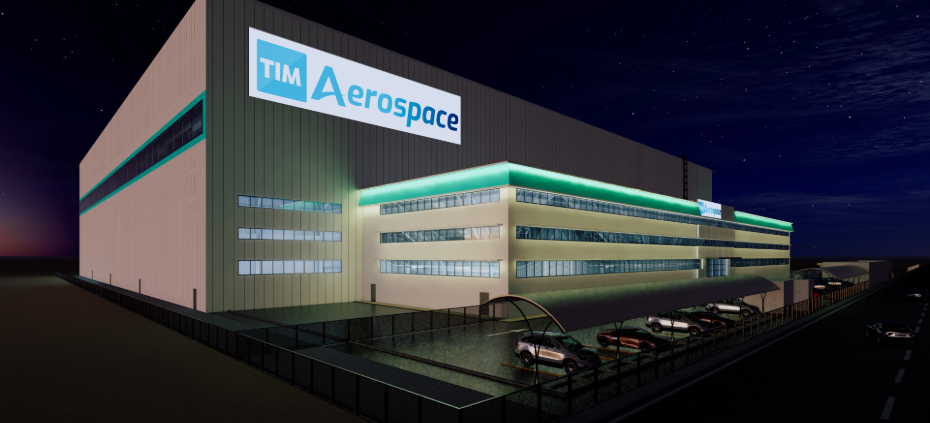Cranfield supporting project to reduce aviation emissions

Image by Alexander Supertramp / copyright Shutterstock
Led by Chalmers University in Gothenburg, Sweden, MINIMAL (Minimum Environmental Impact ultra-efficient cores for Aircraft Propulsion) is a Horizon Europe and UKRI funded project aiming to demonstrate that large reductions in fuel burn and emissions may be achieved with composite cycle engine (CCE) technology.
Fuelled by hydrogen, or by sustainable aviation fuel, these novel engines promise unparalleled thermal efficiency and the flexibility for climate-friendly operations including contrail avoidance.
Cranfield University is modelling a novel hydrogen-fuelled CCE with a multicylinder opposed free piston core, where the pistons drive linear alternators to generate electric power. The team is also researching alternative fuel injection and ignition systems to maximise efficiency and minimise emissions.
At the mid-point of this four-year project, Cranfield has secured an OpenFPE Opposed Free Piston research engine provided by Libertine FPE for proof-of-concept hydrogen combustion experiments. Libertine’s CEO Sam Cockerill describes OpenFPE as “the first ever research engine that offers real-time compression ratio control, multi-fuel capability and a customer-configurable combustion system”.
Dr Andrew Rolt, Senior Research Fellow in Low Emissions Aircraft Technologies at Cranfield University, said: “This is an exciting development for MINIMAL. The flexibility of the OpenFPE research engine will enable us to make NOx emissions measurements over a wide range of operating conditions representative of those to be encountered in future hydrogen-fuelled commercial aero engines. This takes us another step closer to our goal of achieving a double-digit percentage improvement in fuel economy and CO2 reduction.”
The research engine will be installed in a new test cell in Cranfield’s Advanced Vehicle Engineering Centre (AVEC). AVEC will also be exploring the technology’s potential for use beyond the aviation sector, in the next generation of ultra-efficient hydrogen-fuelled combustion systems for trucks, off-road machines and even motorsport.












